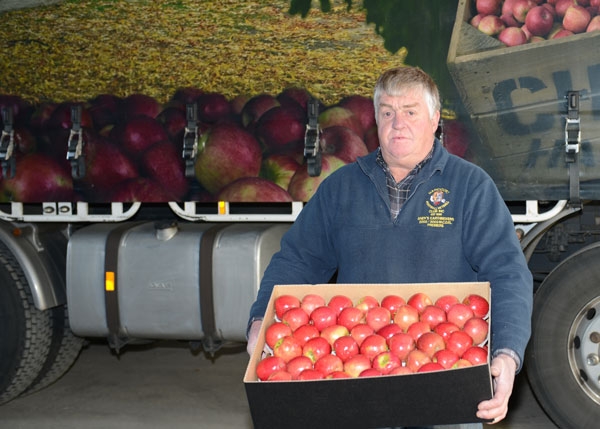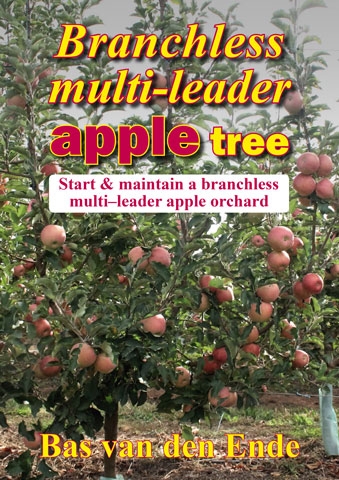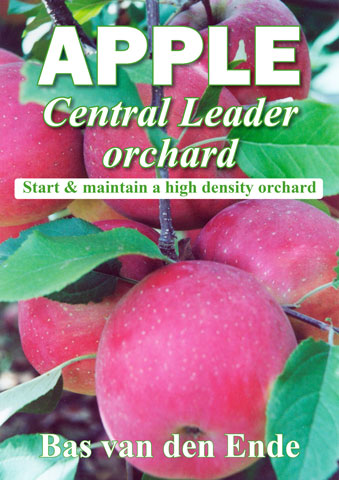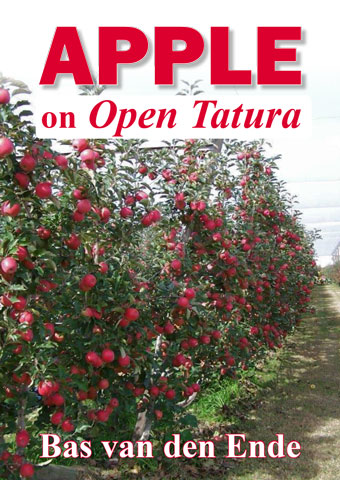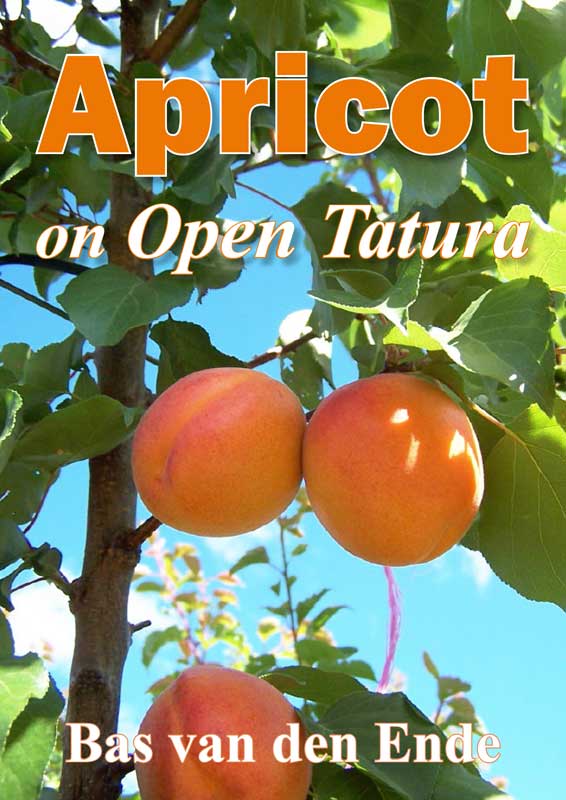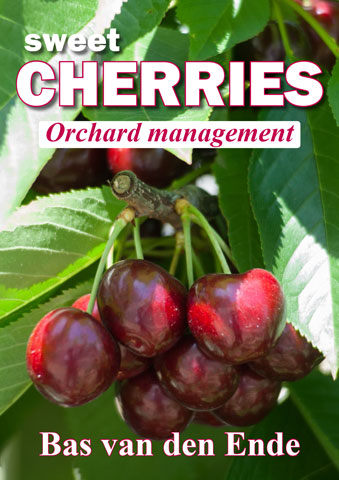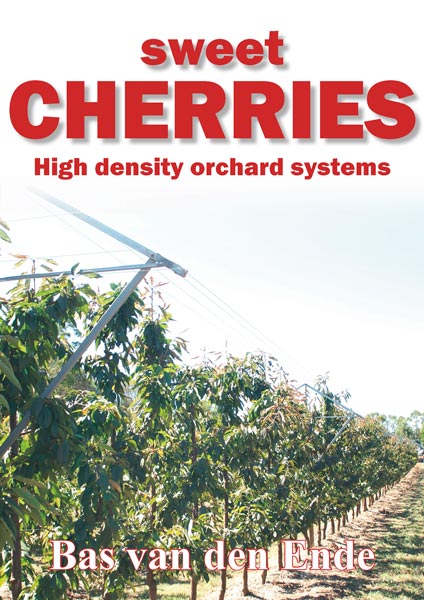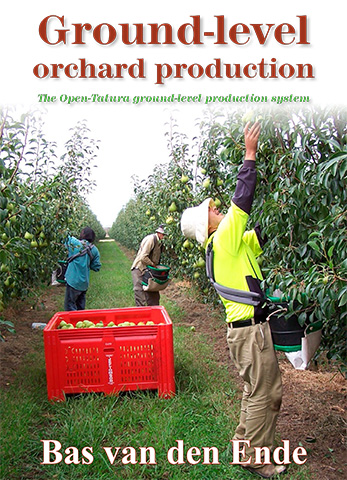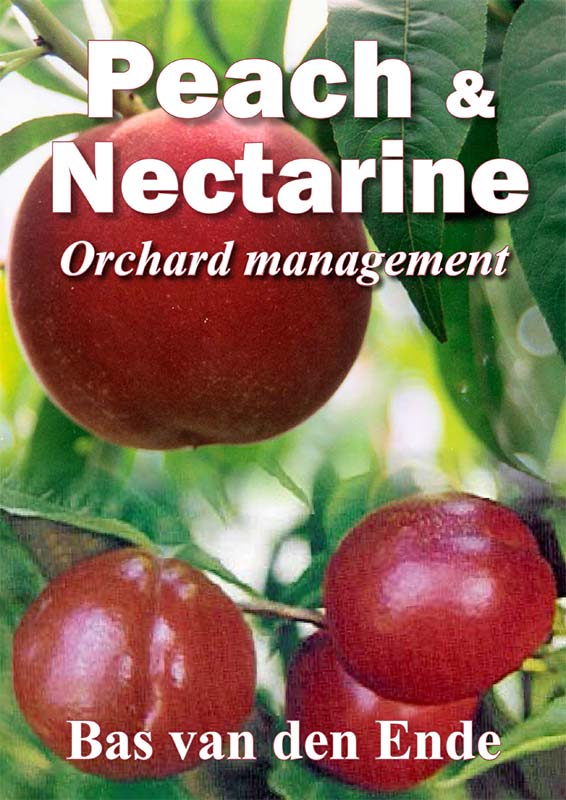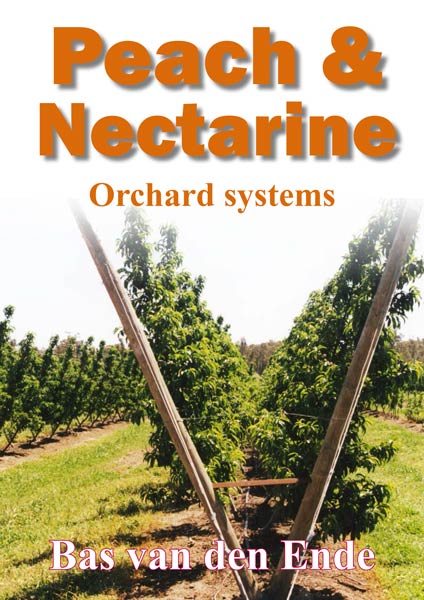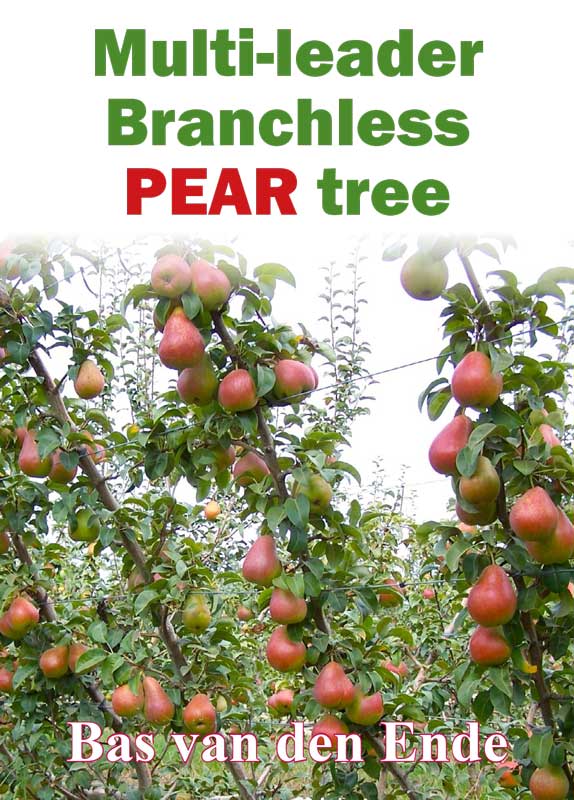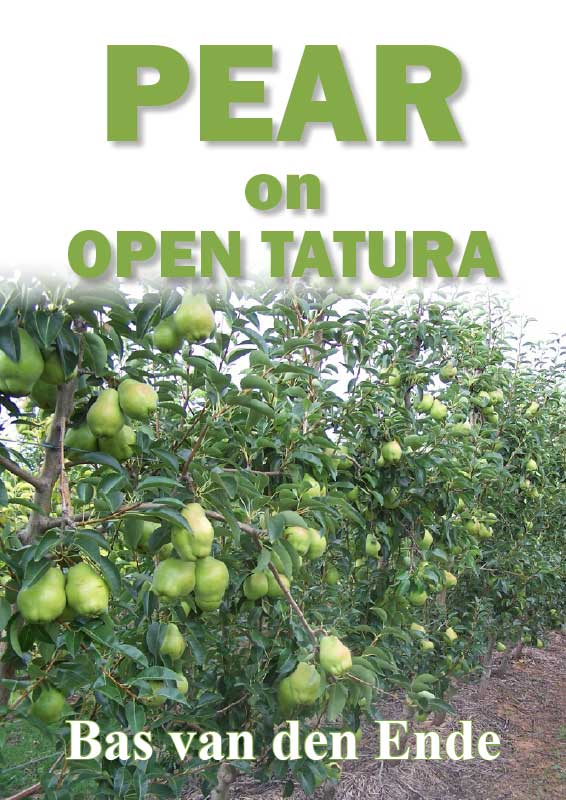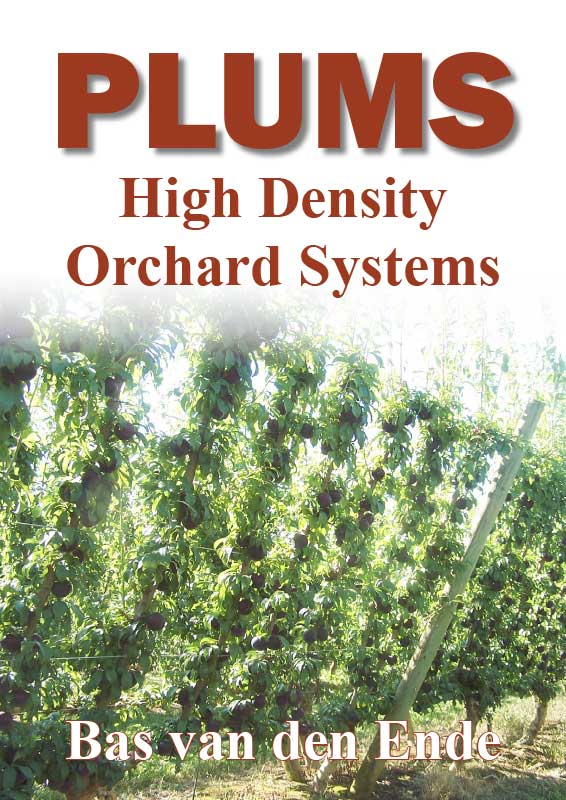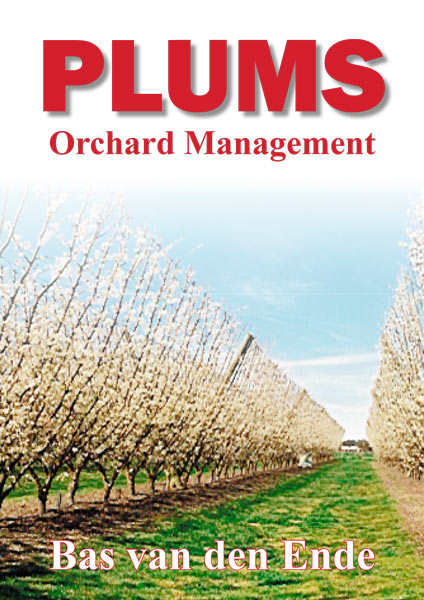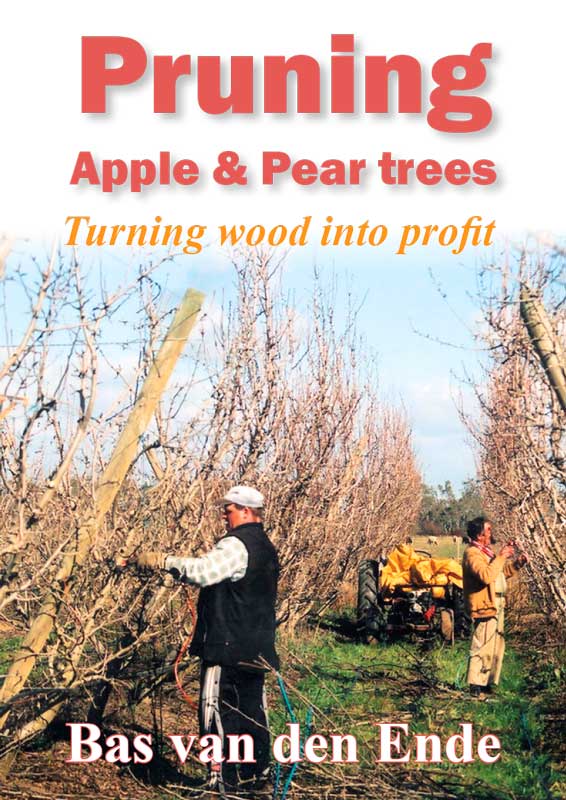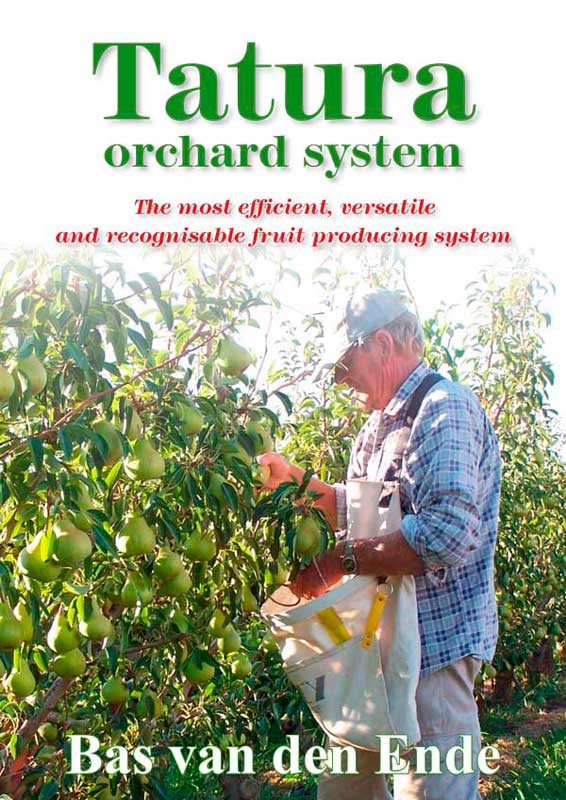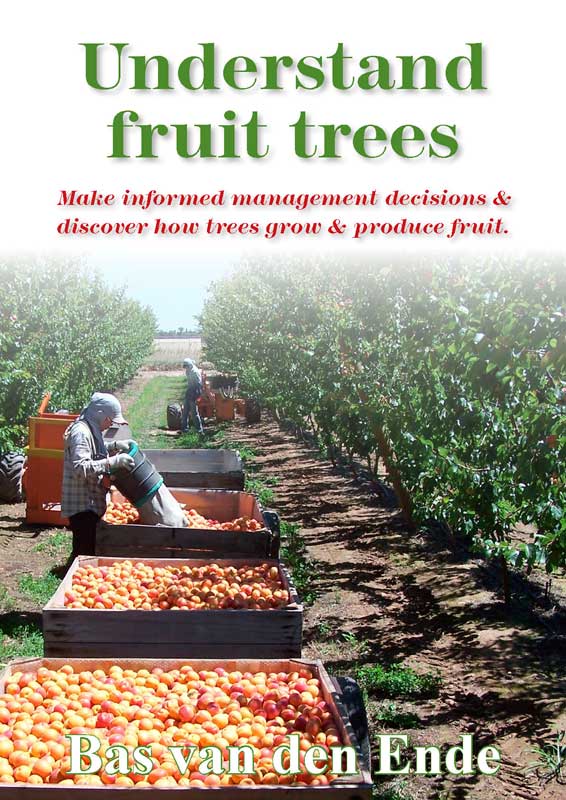A new fungicide option utilised by the Chaplin Orchards at Harcourt, in central Victoria last season, helped control a number of diseases and produce excellent tonnages of high quality apples.
Robert Chaplin said it was the first season they had applied the DuPont™ Fontelis® fungicide in the orchard and were pleased with the results.
Fontelis was used for the control of apple black spot and powdery mildew, and Mr Chaplin said they had no incidence of black spot at all through the orchard or packing sheds.
“Our black spot program worked fine. I haven’t seen one in a pack out yet, and that’s the way we like it. We like to have nil of anything that we put in the bin,” he said.
“We’ve had percentages before and it is not good, which means you have to do a fair bit of work—both when it is happening and down the track.”
Program controls diseases
Mr Chaplin said it was not a high black spot or powdery area in a normal year, although both diseases can be of concern if weather conditions are right.
“The right weather conditions and away it will go. If you are not keeping an eye on it, it will get away from you.”
Coming into the spring, there was some incidence of powdery mildew which had over-wintered and caused issues towards the start of the season.
Fontelis was used twice in the early part of the season and then another chemistry was slotted in before Fontelis was applied for a third time.
“It was a pretty good season really and our tonnage has been up on what it has been in other years.”
New chemistry
He said it was a real benefit to fit a new chemistry group and type into the program and not need to rely on the same options year after year.
“When newer chemical groups come along, we try to get on to them because of that reason of resistance. I don’t like using any chemical that you are doing over and over again. The science says that you need to be able to break it up a little bit and we are probably using too much of those types.”
“We need to get new chemistry happening all the time. Otherwise, over a period of time, it is going to run out of puff.”
Tank mix
He said Fontelis mixed well with a range of other apple products in the tank which was important to avoid the need to put multiple sprays through the orchard.
“There were no issues; there were no issues that I was aware of anyway. I don’t do a lot of spraying, myself, but I would have been told, I’m sure.”
Protecting beneficial insects
Mr Chaplin said Fontelis also looked like a good option to protect beneficial insects in the orchard, which was a focus of the business.
“Not that ours is a strict IPM program, but we lean in that direction,” he said.
“We like to look after the good things that are in the orchard, if we can. When we were on the Polyrams and those sorts of things, it was knocking around our predators a little bit. We look for things that can look after our predators.”
Chaplin Orchards
Chaplin Orchards is run by Robert and Trevor Chaplin and grows 22 hectares of fruit.
Mr Chaplin said they stuck to the main varieties in the orchard rather than looking at some of the other options in the market.
“Harcourt is one of those places that some of those varieties may not work here, as it is probably a bit hot,” he said.
“So we are sort of stuck with Pink Lady™, Gala, Fuji and their better strains. That is what we’ve been trying to do.”
For more information, talk with your DuPont territory manager or visit www.cropprotection.dupont.com
Read this article in Tree Fruit September 2015
